Sump Pump Installation in South Farmingdale, NY
Stop Basement Flooding Before It Starts
Custom sump pump systems that actually work when Long Island storms hit hardest.
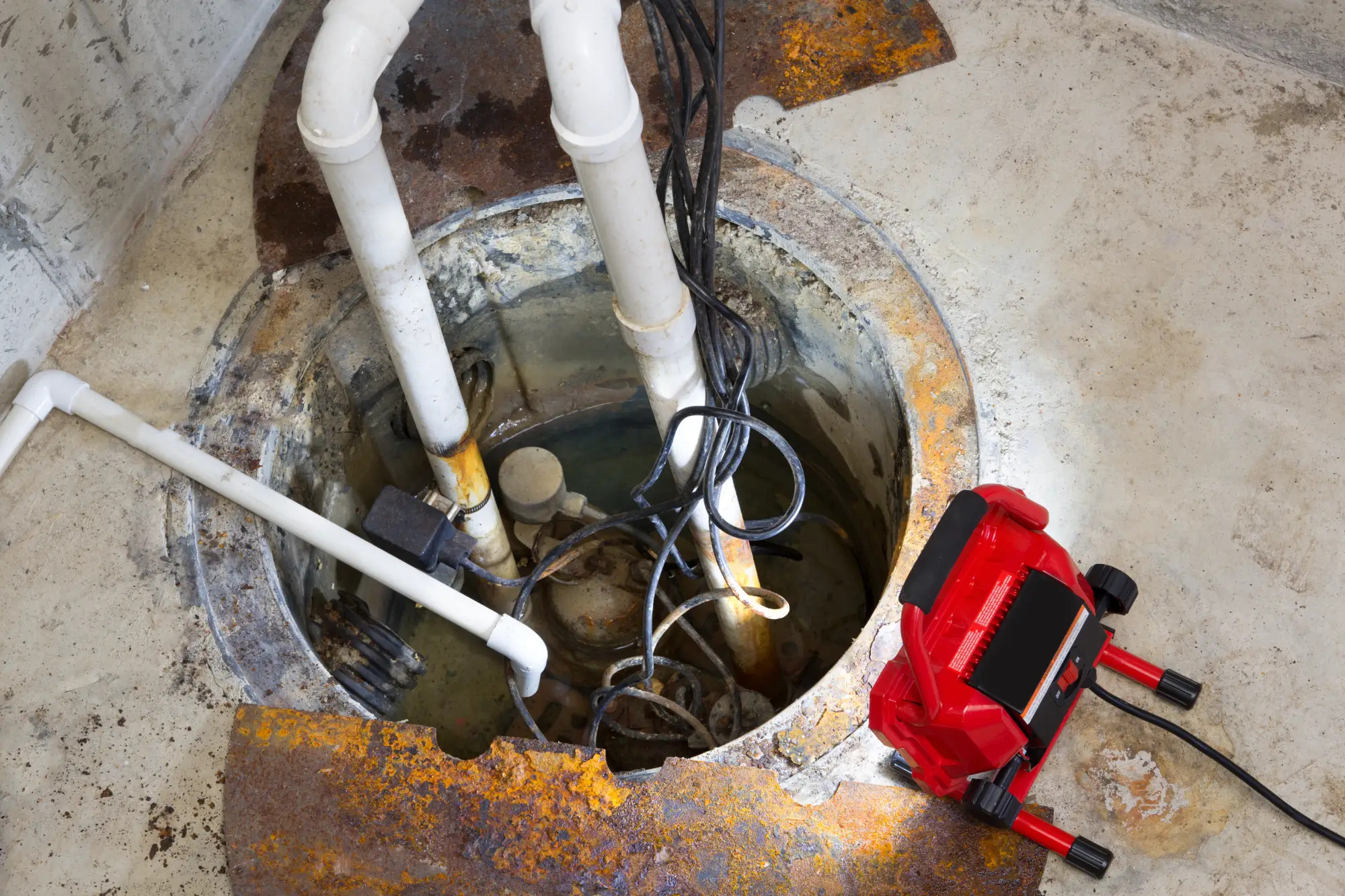
Hear About Us
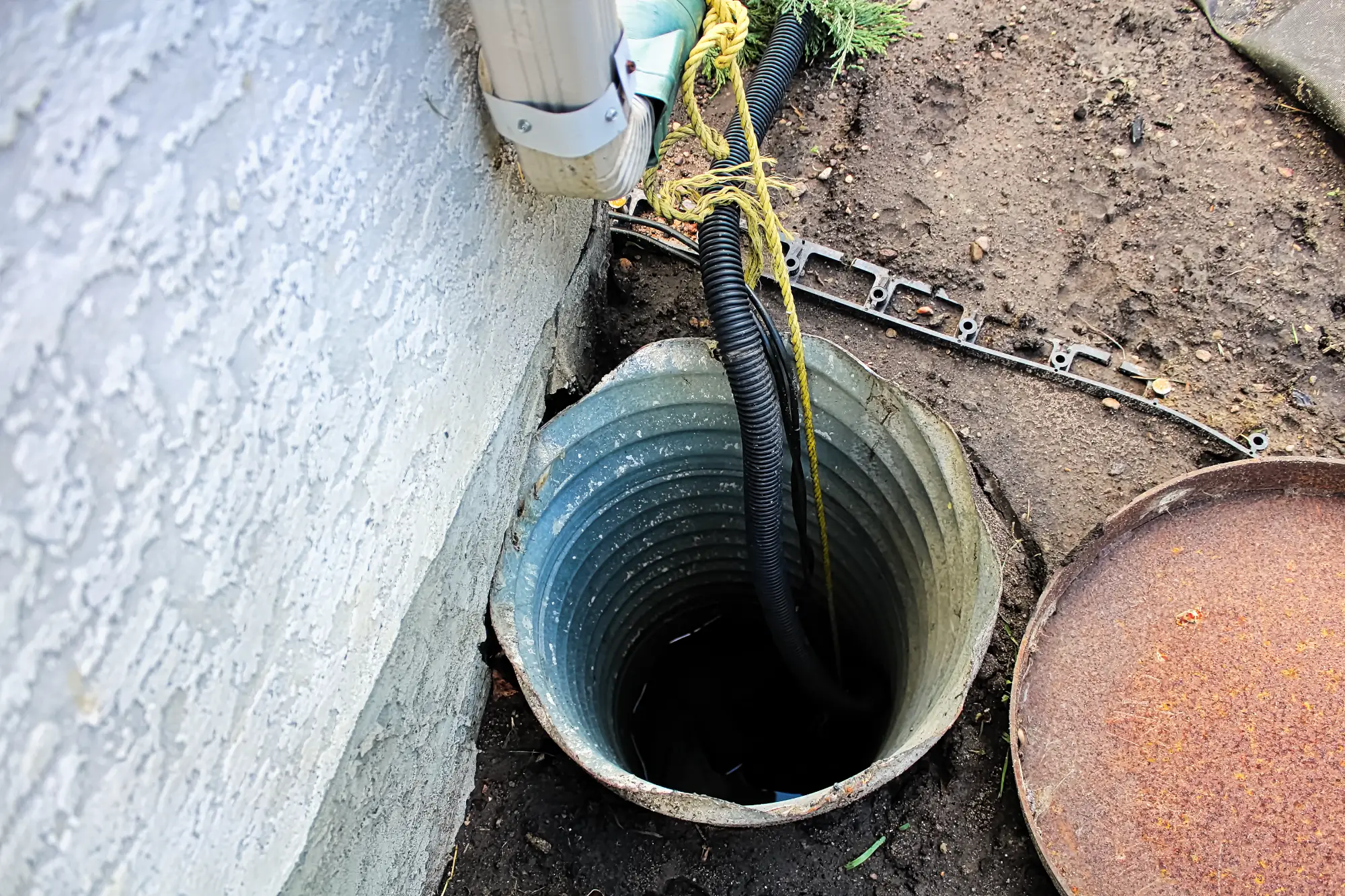
Basement Protection South Farmingdale
You’ll sleep through storms without wondering if your basement is flooding. No more rushing downstairs during heavy rain to check for water damage.
Your stored belongings stay safe and dry. Holiday decorations, family photos, tools, and furniture remain protected from water damage that can happen in minutes during a heavy downpour.
That musty basement smell disappears. Proper water removal prevents the dampness that creates odors and threatens your family’s health with potential mold growth.
South Farmingdale Sump Pump Installers
Diamond Masonry & Waterproofing LLC has been protecting South Farmingdale homes from water damage for years. We understand how Nassau County’s clay soil and high water table create unique basement challenges that generic solutions can’t handle.
We’re licensed, insured, and local. When you call, you’re talking to people who live and work in your community, not a call center three states away.
Every installation meets local building codes and comes with proper permits. You get real protection, not a quick fix that fails when you need it most.
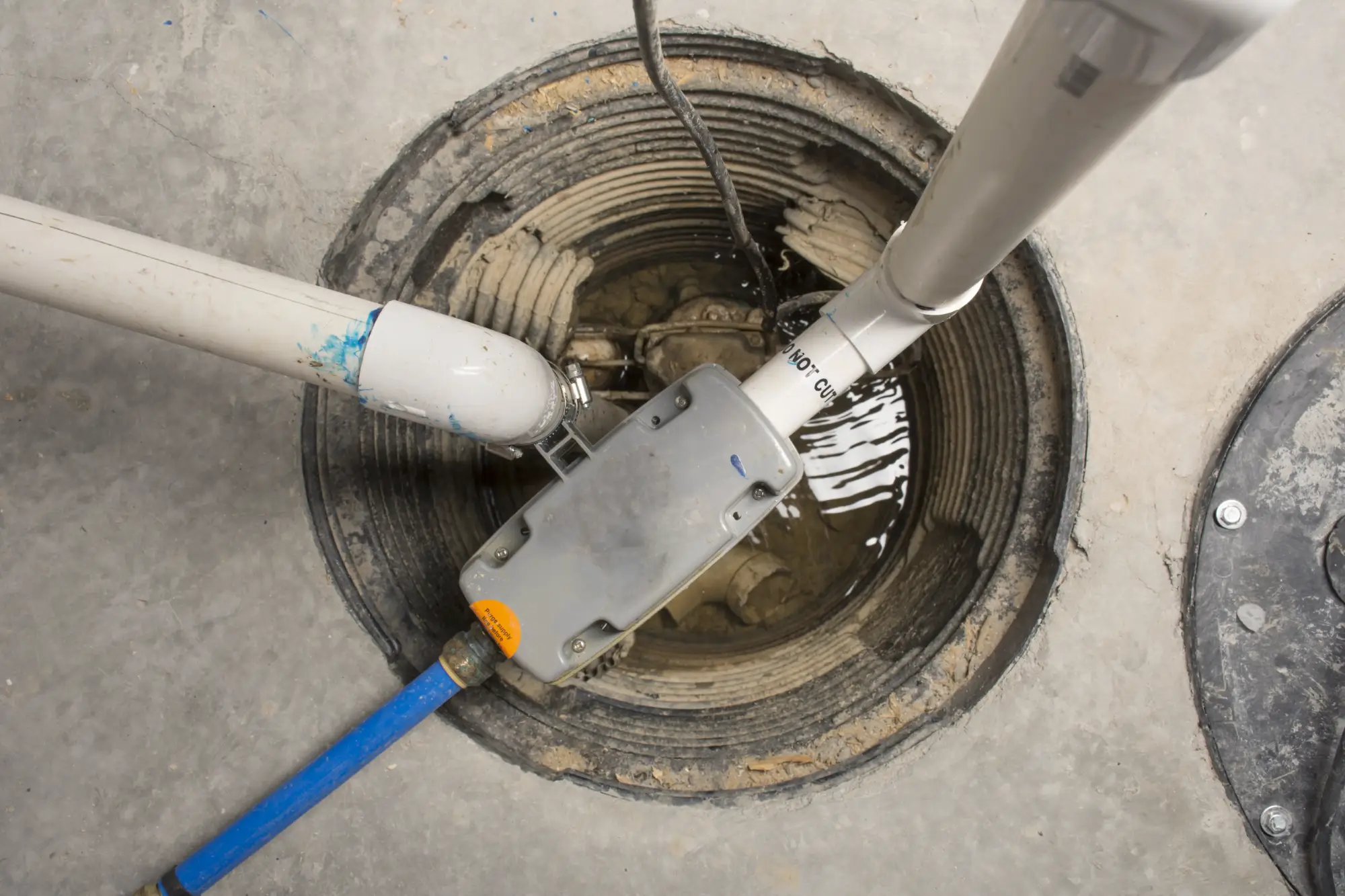
Basement Sump Pump Installation Process
We start with a basement assessment to determine the best sump pump location and system size for your specific situation. Every basement is different, and cookie-cutter approaches don’t work on Long Island.
Next, we excavate the sump pit at the lowest point of your basement floor, ensuring proper depth and drainage. The pit gets lined with gravel for optimal water collection and pump efficiency.
We install your sump pump system with proper discharge piping that directs water away from your foundation. All electrical connections are made to code with GFCI protection for safety.
Finally, we test the entire system to ensure it activates properly and pumps water efficiently. You’ll see exactly how it works before we consider the job complete.
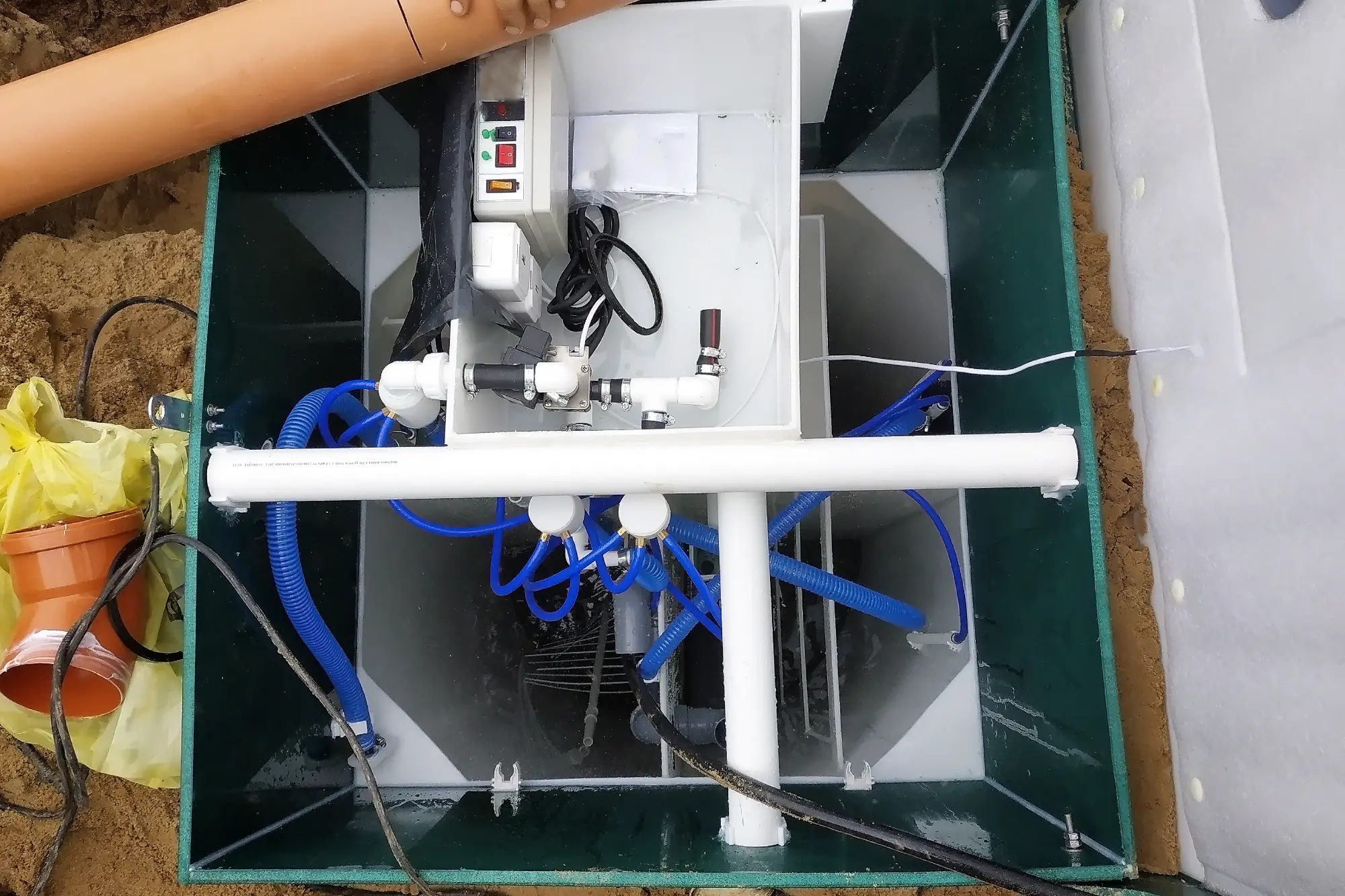
Ready to get started?
Explore More Services
About Diamond Masonry & Waterproofing
Get a Free Consultation
Custom Sump Pump Solutions
You get a complete basement sump pump system designed for South Farmingdale’s specific water challenges. We size the pump based on your basement’s square footage and local water table conditions, not generic recommendations.
Your installation includes proper discharge piping with freeze protection for Long Island winters. Water gets directed far enough from your foundation to prevent it from seeping back toward your basement.
We handle all permits and inspections required by Nassau County. You don’t have to navigate local building departments or worry about code compliance issues down the road.
Battery backup options are available for continued protection during power outages. When storms knock out electricity, your sump pump keeps working to protect your basement.
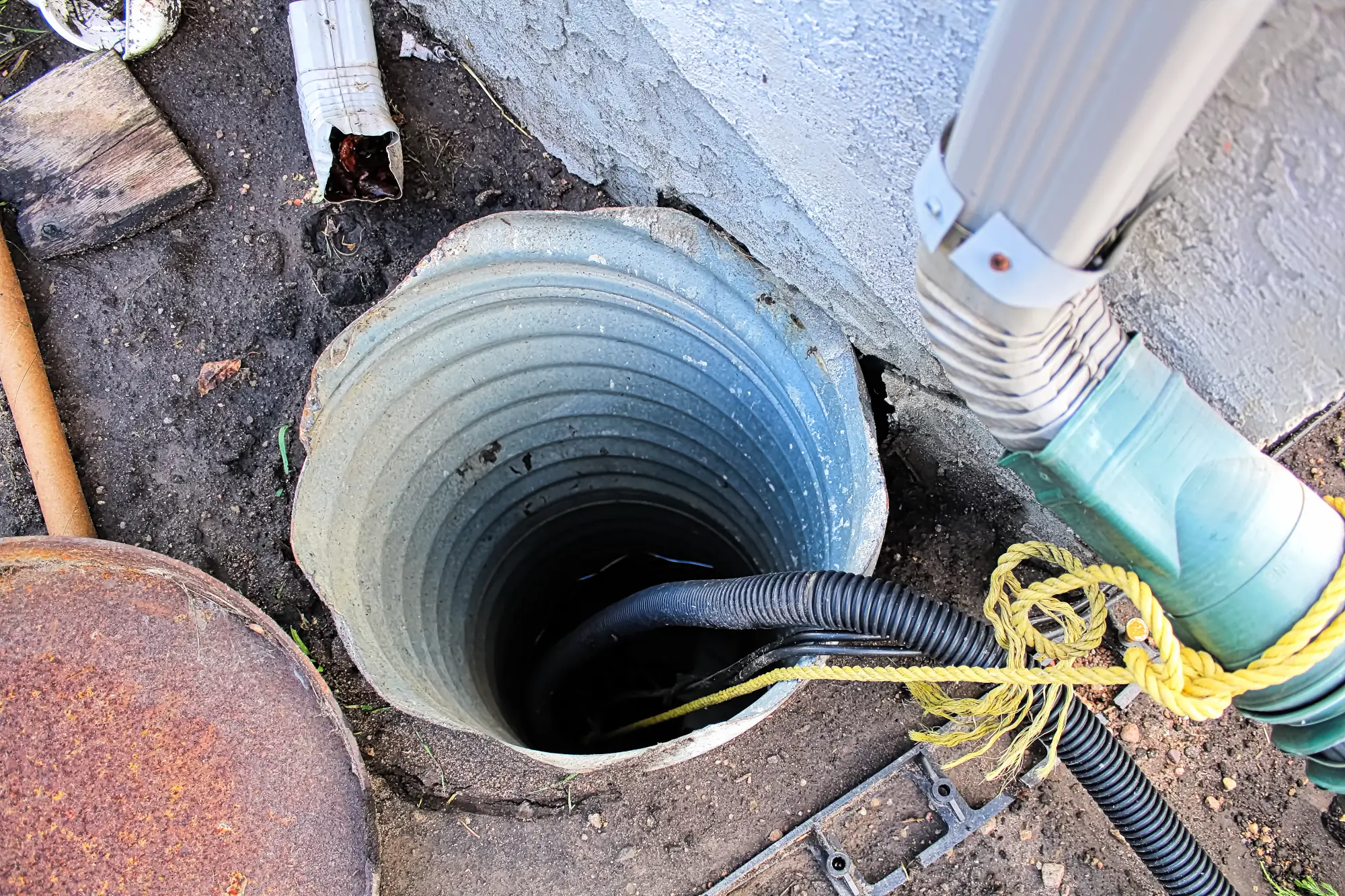
How long does sump pump installation take in my basement?
What size sump pump do I need for my South Farmingdale basement?
Do I need permits for sump pump installation in Nassau County?
Where does the water go when my sump pump runs?
What happens if my sump pump fails during a storm?
How much does professional sump pump installation cost in South Farmingdale?
Local Resources
- Google Map Link
- Find the South Farmingdale, NY USPS
- Locate Nearby South Farmingdale, NY Pharmacies
- View the Current Weather in South Farmingdale, NY
- South Farmingdale, NY is located in Nassau county in New York State